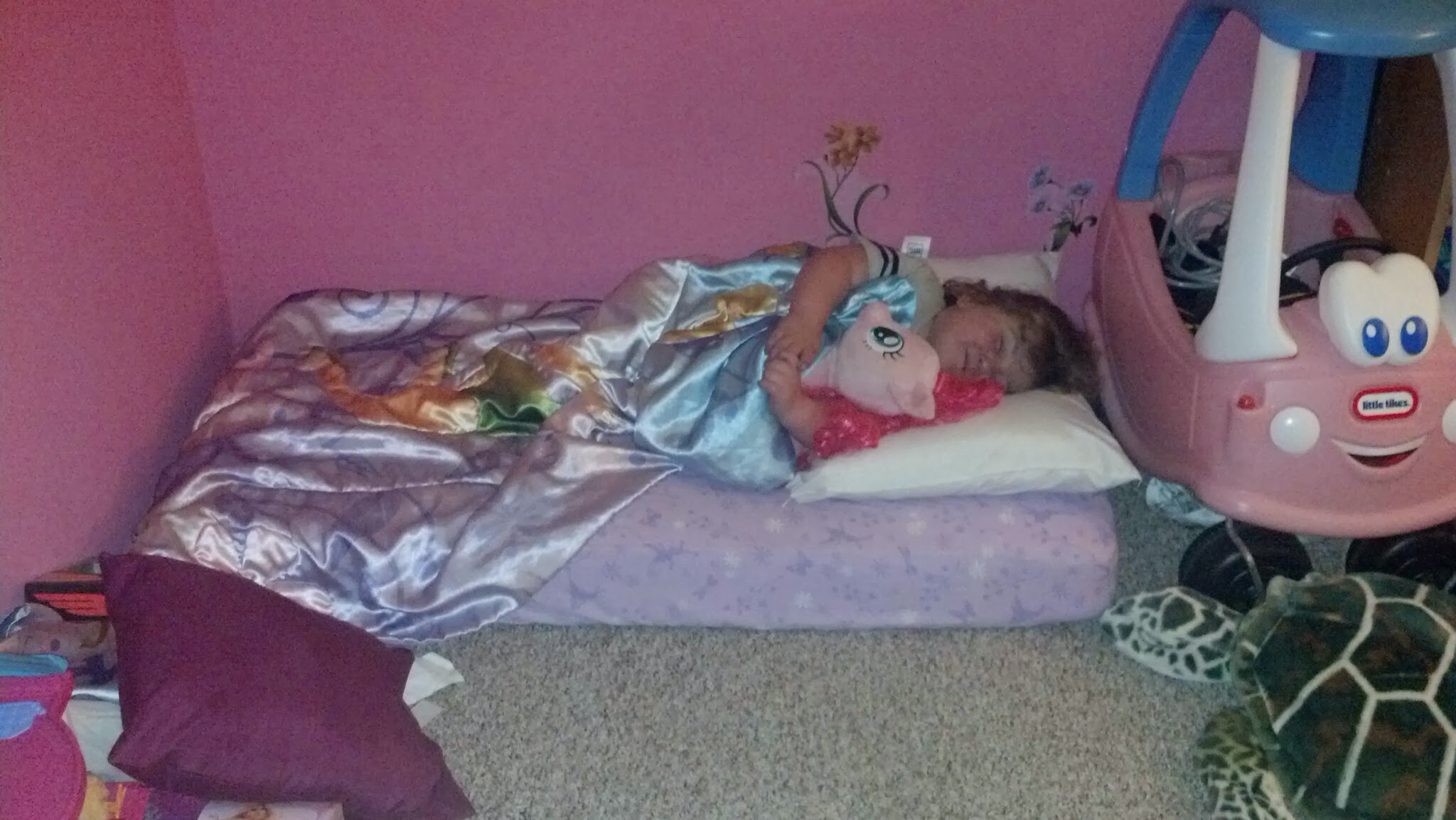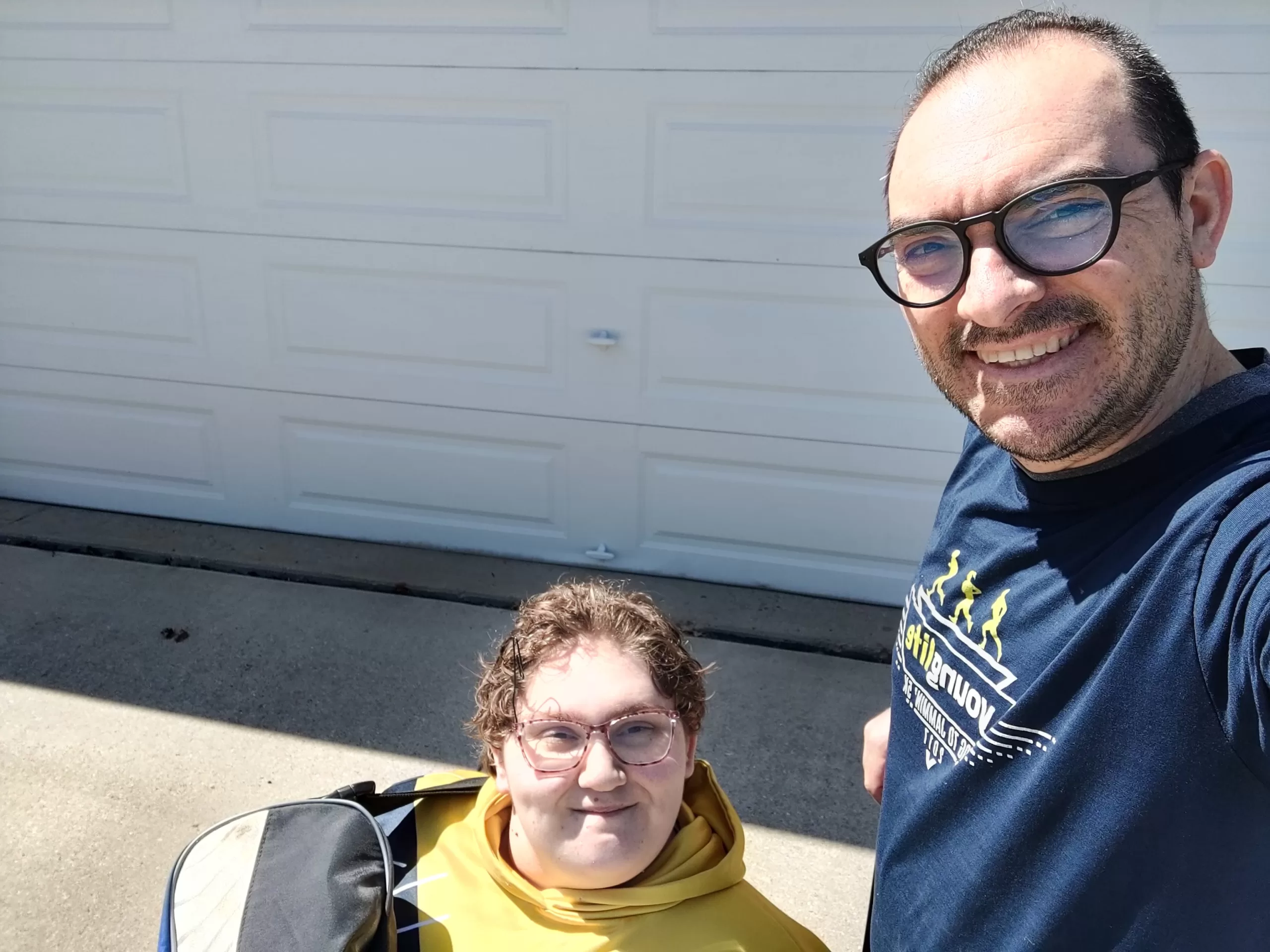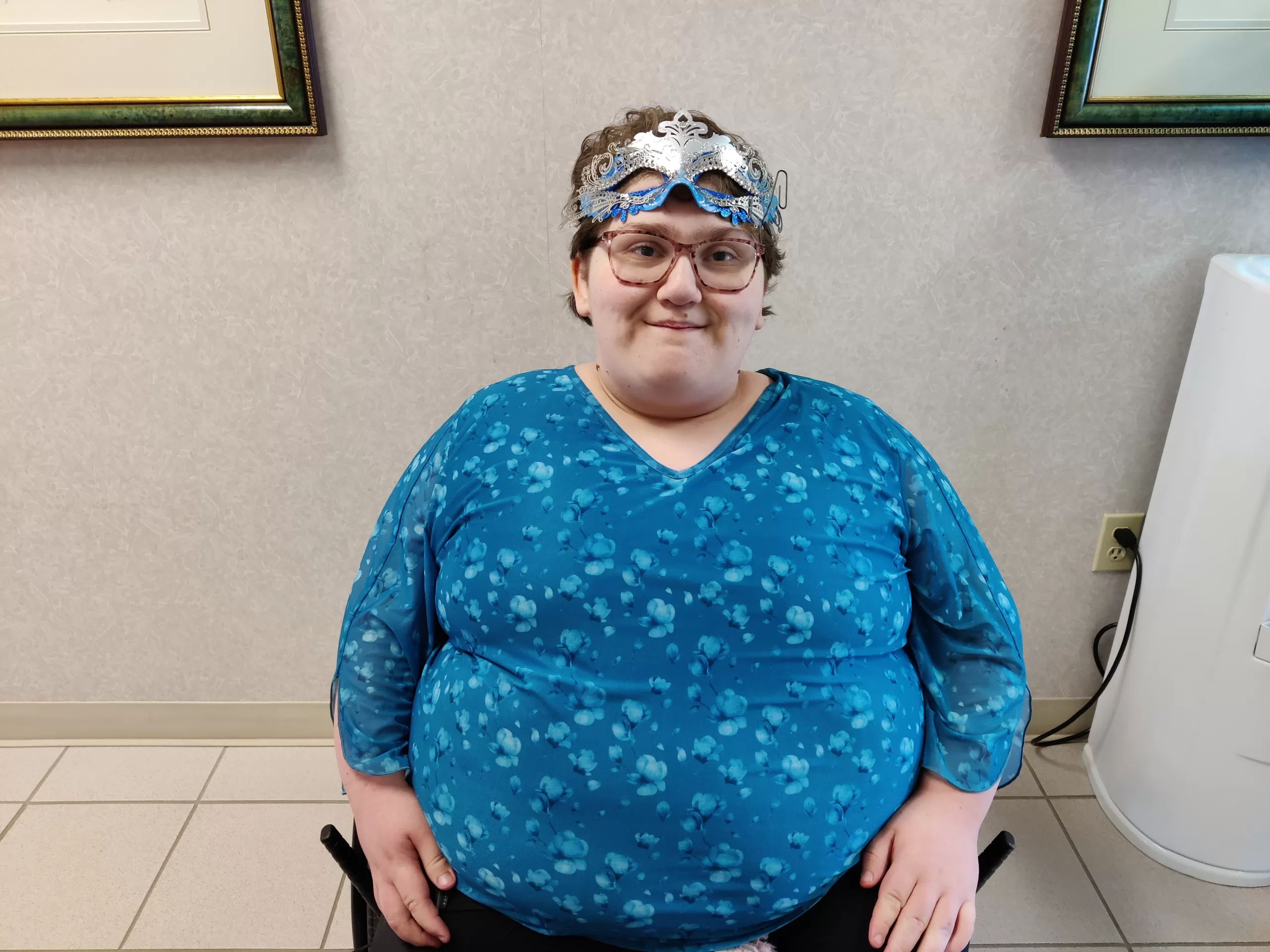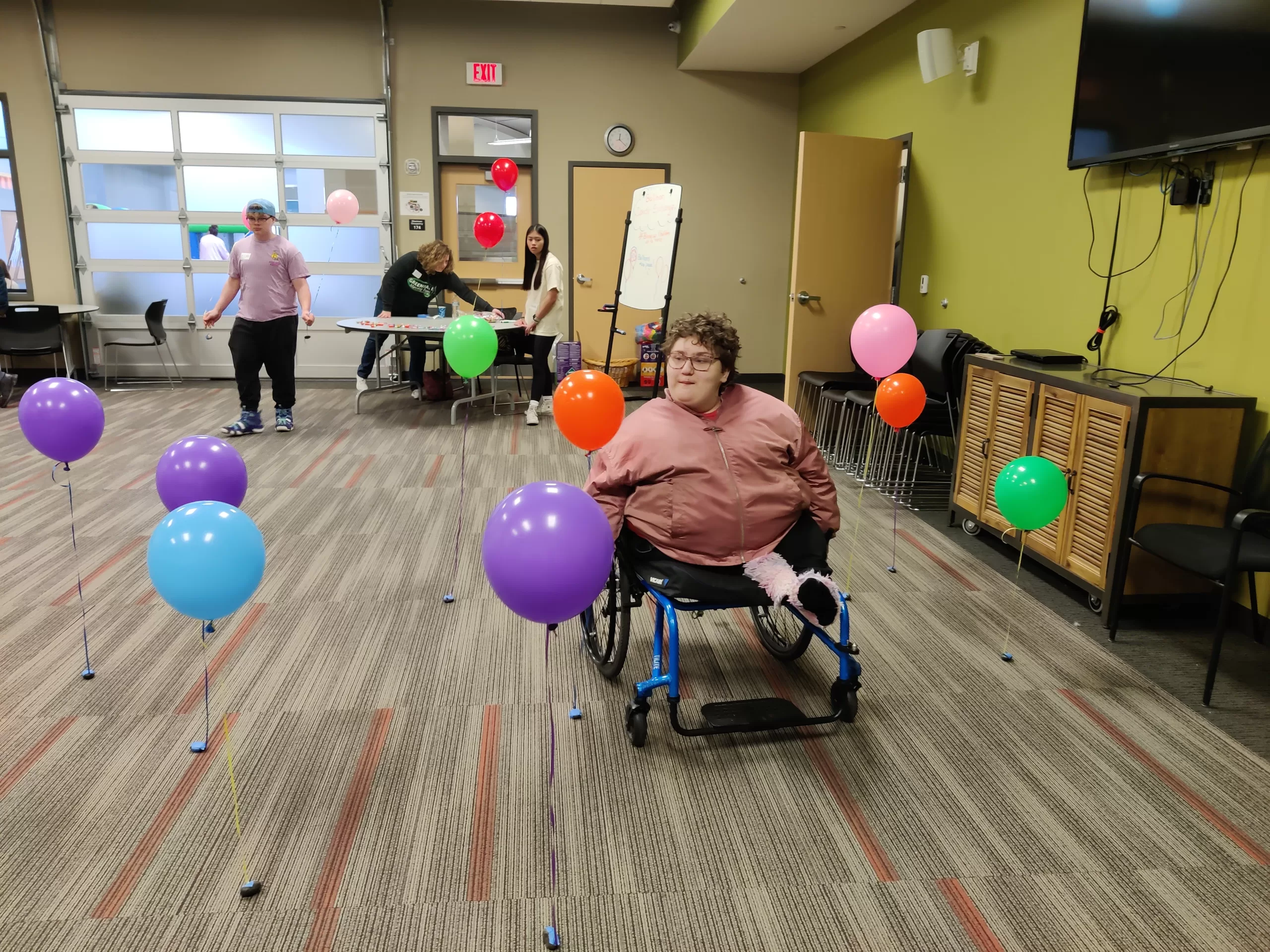As a result, I rushed out the door to get to work at 8:05 (I should leave by 7:45 in order to get to the office on time). So just before I left, I tucked Namine into the big bed with Jessica, gave both my girls kisses and hugs, and ran out the door.
After I was gone, Namine got mad that I had left. She told Jessica, “I wish I had a different daddy.”
When Jessica told me, I felt crushed. I wasn’t angry; just sad. Namine isn’t mean; she has never said anything designed to hurt, she just — like most children — says what’s on her mind.
Introspection — true understanding of one’s motives and desires — is hard even for an adult. That’s why child experts (as though anyone can truly be an expert on children) say never to ask your child, after they’ve misbehaved, why they did what they did. But I’m bad at following directions, and I trust my daughter.
So over the phone this afternoon, I asked her why she said she wished she had a different daddy.
“I was mad at you, because you left for work.”
At least she was cognizant enough of her own emotions. I asked her if she really wanted a different daddy.
“No. I love you, Daddy.”
I explained that everyone has to do things they don’t want to do. For me, it’s going to work. As much as I enjoy my job, it’s always hard leaving my girls. “For you,” I said, “it’s therapy. Even though you have fun most of the time, it’s still hard work and you don’t always want to go. Right?”
That she understood. She knew well enough of her responsibility to work hard, no matter how she felt on the matter. “Right.”
We talked a little more about the things we have to do that aren’t fun, and our responsibility to do them regardless of whether we wanted to or not. Namine kept apologizing to me for being mean. It was clear to me that she hadn’t meant it; clear that she had said it without considering how much hurt her words would do. And now, knowing how hurt I was, she wanted nothing more than to take those words back.
For every apology, I told Namine that I forgave her. Not “it’s okay,” not “forget it” – the words I forgive you, said and meant from the heart, are what she needed to hear.
I know that Namine, like any child, has thoughts that she doesn’t quite know how to articulate, thoughts that are too big to put into words. So she approximates, and she communicates as best she can. But this has been a good lesson for her; I think it has brought her to a better understanding of how our words can affect other people. The hurt caused by words are not always so easily forgiven, but I also want her to come away from this knowing that no matter what she says, no matter what she does, she will always be welcome in my arms again.
When I tucked Namine into bed last night, she asked me if I would lay next to her until she fell asleep. I said I would. As I laid down, she reached her arm to me, pulling me closer. “Daddy,” she said, “I love you. I love you in my heart. I never want another Daddy. I always want you.” I held her until she fell asleep.
Whatever words we utter should be chosen with care for people will hear them and be influenced by them for good or ill.
Buddha




Leave a Reply to Jill F. Cancel reply